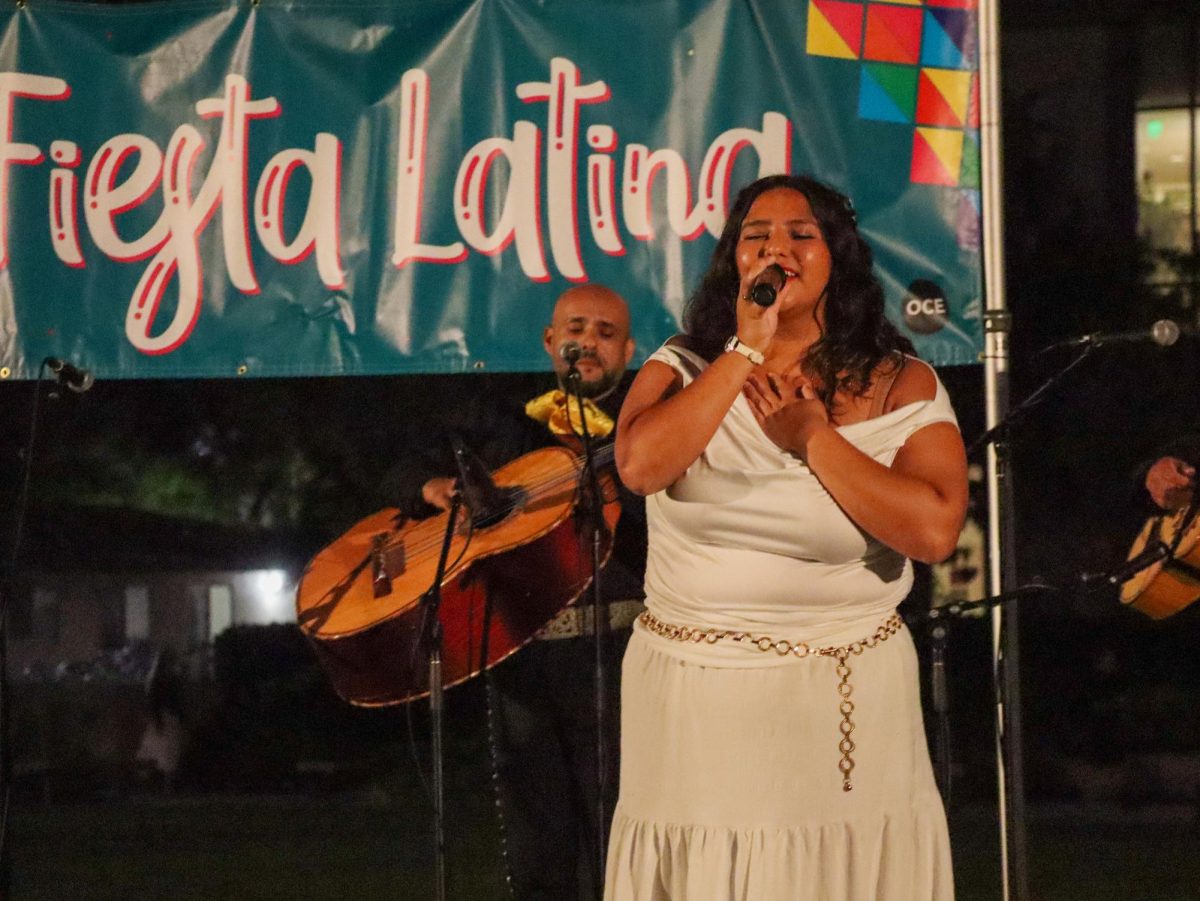With a full administrative team in place, President Barry Corey is seeking to network with prospective donors and organizations in order to build partnerships and promote Biola without losing the relationship he has with his students.
Provost and VP of business and financial affairs round out team
The recent additions of provost, David Nystrom and vice president of business and financial affairs, Michael Pierce have completed the team that Corey has been trying to build for three years. Corey said that with the completion of the team, he is now free to travel more in order to promote Biola and build friendships with organizations and other universities.
Corey now freed to meet with others
Corey said that he has already been able to meet with Chuck Colson, the leader of the Chuck Colson Center for Christian Worldview, and Jim Daly, president of Focus on the Family. With the full President’s Administrative Council in place, Corey was able to attend the Lausanne Conference in South Africa, and said that he also has plans to visit Asia in March and the United Kingdom during the summer to promote Biola.
“One of the essential expectations of a university president is that the president has to have a significant external presence,” Corey said. “That’s important for raising awareness, building partnerships, increasing good will and cultivating friendships with those who could invest [in] or give to Biola.”
Corey emphasized that relationships are important and that he is dedicated to building them both with organizations and with students. According to Corey, the administrative team enables him to spend more time off campus representing Biola.
Administrative Council oversees many areas
The President’s Administrative Council is comprised of eight administrators, including Corey, Nystrom, Chris Grace, Greg Vaughan, Irene Neller, Adam Morris, Pierce and Greg Balsano. The council is responsible for the issues revolving around student development, academic enrollment, advancement, finance, university services and marketing and communications.
Corey said the team works very well together and that he trusts them to do an outstanding job in his absence.
“I’m trying to be a good networker on behalf of Biola so we can work collaboratively, which is far better than working alone,” Corey said.
In the PAC press conference on Nov. 3, Corey said that, ideally, he would like to spend 40 to 50 percent of his time off campus promoting Biola. Corey said he is still dedicated to maintaining the bond he has built with Biolans, however. He said he enjoys his time spent with students at his house and at athletic games. He hopes increased travel will not minimize his relationship with students.
Corey still engaging in Biola community
“I am probably out in the Biola community as much as I can [be] right now, eating at the Caf or playing a game of Ultimate Frisbee; I love being with the students,” Corey said. “It’s what gives me life. If I am gone more, then when I get back I’ll have an insatiable desire to interact with students.”
Seniors Manna Hancock and Melissa Jordan said they cherish their relationship with the president.
“I think that the most enjoyable thing about him is that he is so personable with students,” Jordan said. “He is so open with students, and he is straightforward with us; we like that about him.”
Junior Danielle Weidemann said she would understand if Corey went off campus more often and is excited that Biola would be represented around the U.S. and internationally.
“It’s good he is promoting Biola more, because we aren’t as well known as other schools,” Weidemann said. “But he also should be here to connect with students as a friend and president.”
Corey will network with donors and potential donors
Part of Corey’s travels will be to build and maintain friendships with donors and potential donors. Corey said that he especially plans on traveling to Asia to maintain relationships that his predecessor, Clyde Cook, had built. In regards to giving, Corey said that Asia has been the foremost in international giving to Biola.
“They see that Biola has such a strong sense of mission and identity,” Corey said. “Many people in Asia have been impacted by Biola or people from Biola and they want to invest in Biola.”
Corey said that Biola has always been a university with a reputation for sending a large number of students into the missional and service industries as teachers and ministry workers, which means that large amounts of alumni giving was not to be expected in the past. However, now that more students are graduating and going into different industries such as science or business, alumni giving is on the rise.
According to Corey, alumni give to the university’s needs, and donors have specifically backed different projects, such as the Talbot building or the library. In the past, donor giving has been project-based, but currently the administration is working on providing donors with a “menu” of giving opportunities so that donors who want to invest in Biola have a wide range of options. This new menu will also give donors and alumni the opportunity to give to their specific interests, including designating scholarship funds.
“We feel that the affordability issue for students is getting out of control,” Corey said. “We want to make it as affordable as possible for a student to come here.”
Corey stated that scholarships were a very important issue for him and the administrative team. They have had several conversations about how to make Biola affordable, not only presently, but also in the years to come.
“We are a growing campus; we have a dire need for more scholarship money,” Corey said. “Affordability is among the handful of priorities, at the very top of our list. We need more scholarship money than ever before. We believe that Biola needs to be affordable without compromising our quality.”






